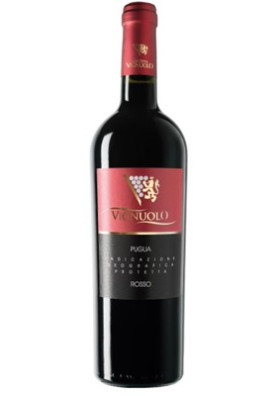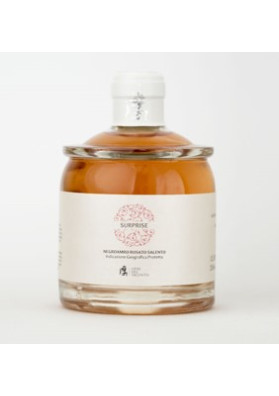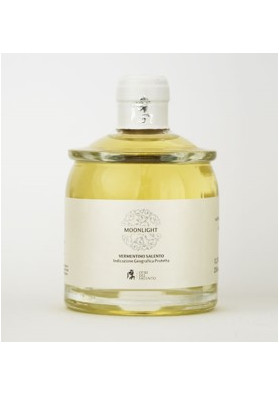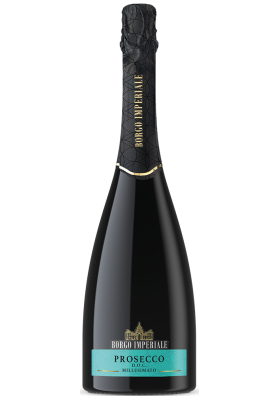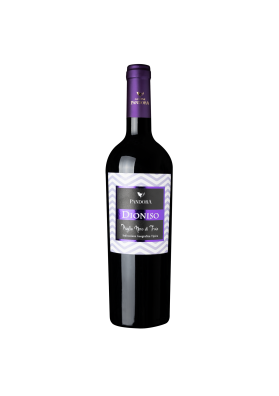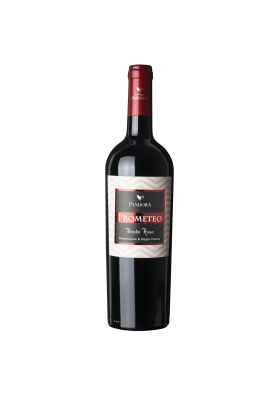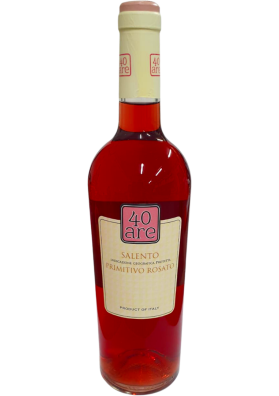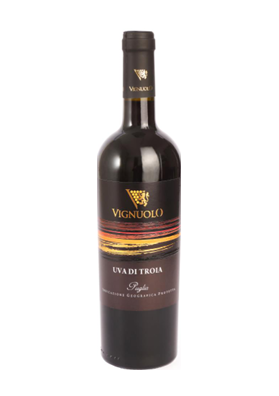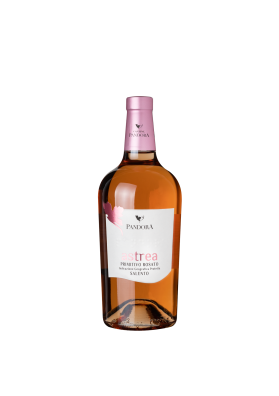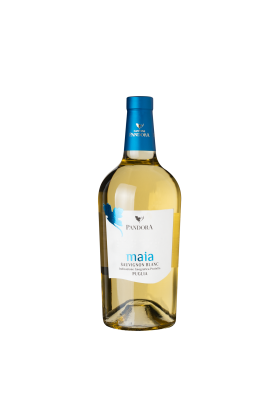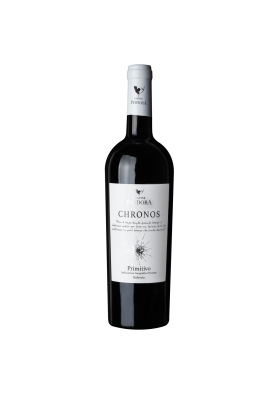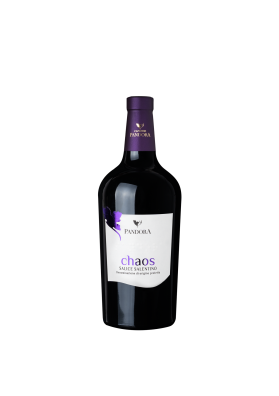Una storia iniziata da Giovanni, nel “palamientu” della famiglia Gianfreda. Il figlio Costantino affianca il padre nell’attività ma, negli anni Venti devono affrontare un momento particolare della storia viticola pugliese: i vigneti vengono distrutti dalla fillossera e si deve ricominciare daccapo.
Tutte le risorse e le energie vennero dedicate alla piantagione di nuove vigne - che presero il posto dei vecchi alberi di fico e di mandorlo - e alla produzione di vini destinati allora, alle Cantine del nord.
Cosimo, il nipote di Giovanni, continuò con grande determinazione la tradizione di famiglia incrementando la produzione e strutturando l’organizzazione: alla fine degli anni Cinquanta costruì la prima vera cantina meccanizzata.
"LU PALAMIENTU" DI GIOVANNI
La famiglia Gianfreda, già agli inizi del Novecento, possedeva il più grande palmento di Torricella, una struttura di circa 400 metri quadrati. Il palmento, “palamientu” in Puglia, era la prima e più antica forma di cantina organizzata. Qui, nel complesso sistema di grandi vasche disposte su più livelli e collegate tra loro, tutto avveniva manualmente, dalla pigiatura dell’uva, che si faceva con i piedi, alla fermentazione del mosto fino alla spillatura.
Le botti di vino, assieme a quelle di tutti gli altri palmenti della zona, venivano trasportate con carretti, i “travini”, fino alla stazione ferroviaria di Manduria. Da qui, tutto il vino della zona partiva per il nord: il suo nome “Vino rosso di Manduria” deriva proprio da questa particolare circostanza.
Giovanni, il padre di Costantino, trasmette al nipote Cosimo i metodi tradizionali e i segreti della vinificazione nel suo palmento ma quando, alla fine degli anni Cinquanta, i sistemi di produzione diventano meccanizzati, tutto cambia per i contadini ai quali non conviene più produrre il vino nei propri palmenti, che vengono abbandonati. Cosimo decide così di continuare in proprio l’attività iniziata dal nonno e di costruire per sé una nuova cantina meccanizzata, affiancato dalla moglie Emanuela che porta in dote alcuni “capasuni” provenienti dal palmento della sua famiglia.
Ancora oggi uno di questi “capasuni” con le iniziali del padre di Emanuela “G.M.” è un piccolo tesoro che testimonia gli intrecci della lunga storia vinicola della famiglia; qui avviene ancora l’ultimo affinamento di una parte dei vini Jorche in simbolica e concreta continuazione con il passato.






















































































